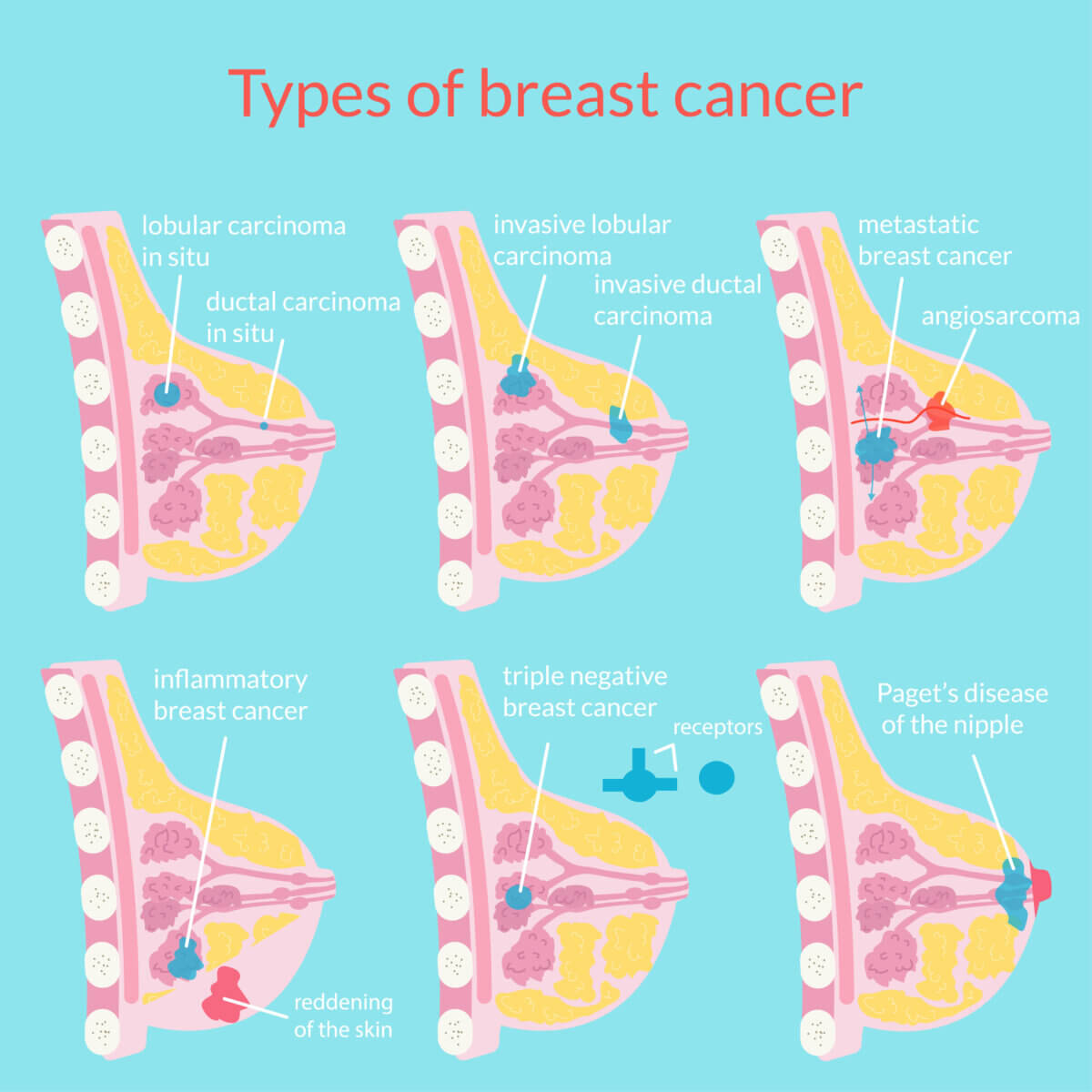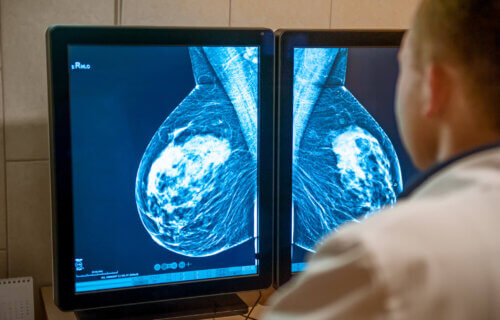NASHVILLE, Tenn. — Scientists from the Vanderbilt-Ingram Cancer Center have identified a potential new approach to treat a particularly challenging form of breast cancer. The findings offer hope to triple-negative breast cancer patients, whose illnesses have resisted current immunotherapies.
Only around 15 percent of those diagnosed with early-stage, triple-negative breast cancer benefit when immunotherapy is combined with chemotherapy. Immunotherapy involves drugs that activate the body’s immune cells to attack cancerous tumors. The goal for researchers is to understand why the majority of patients don’t see positive results so they can better customize treatments and reduce associated side-effects.
Researchers zeroed in on NKG2A receptors on immune cells, dubbed “natural killers,” which play a crucial role in combatting cancer cells. By targeting these receptors, it could be possible to overcome the resistance many patients have to immunotherapy.
Scientists delved into the complexities of a molecule named tumor-specific Major Histocompatibility Complex I (tsMHC-I). This molecule is pivotal for the immune system’s capacity to detect and combat tumor cells. Through their analysis of tsMHC-I in both human breast cancer samples and mouse models, they observed significant variability in the molecule’s expression. This inconsistency was linked to the ineffectiveness of added immunotherapy.

The potential breakthrough? The study proposes that a combination of anti-NKG2A and anti-PD-L1 therapies could offer a fresh, yet largely untapped, strategy to treat triple-negative breast cancer.
“These findings shed some light on at least one reason why only a small fraction of breast cancer patients benefit from immunotherapy — their tumors have already found a way to remove a critical component for immunotherapy response,” says study corresponding author Dr. Justin Balko, the Ingram Associate Professor of Cancer Research, in a university release. “However, understanding this gives us a potential biomarker for identifying those patients and, perhaps more importantly, exposes a new way to target the tumor cells that have escaped the immune system.”
Two graduate students in the Balko Lab, Brandie C. Taylor, MS, and Xiaopeng Sun, were the study’s lead authors. They jointly conveyed the collaborative nature of their work.
“This study was the result of a collaborative effort between researchers and clinicians. We hope our findings will help determine which triple-negative breast cancer patients should receive immunotherapy and which patients may benefit from the addition of anti-NKG2A in clinical trials.”
The study is published in the journal Cancer Discovery.

